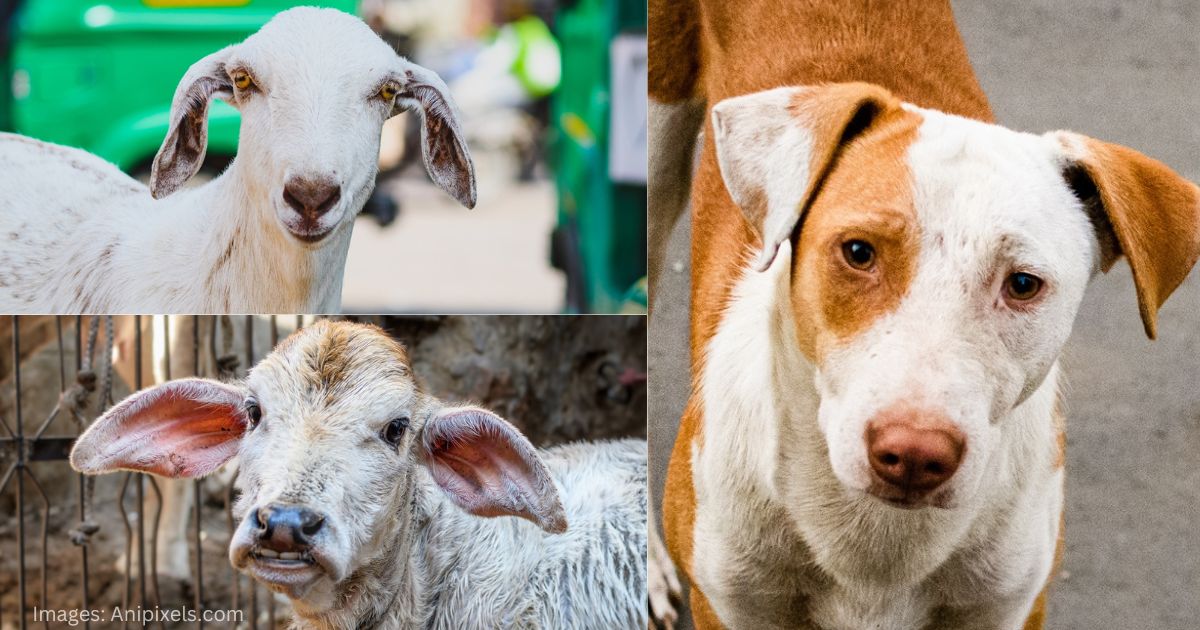Section 377 of the Indian Penal Code (IPC) punished sexual violence against animals, but there is no provision in the Bharatiya Nyaya Sanhita (BNS), 2023 that affords animals the same protection. Section 377 of the IPC regarded the rape of an animal a non-bailable offence and carried a punishment of “[imprisonment for life], or with imprisonment of either description for a term which may extend to ten years and shall also be liable to fine”. The BNS replaced the IPC after it was passed by both houses of Parliament and received presidential assent on 25 December.
In 2021, the Federation of Indian Animal Protection Organisations released a report revealing that in the decade prior, nearly 500,000 animals – including cows and dogs – had been victims of crimes and that many had been subjected to sexual violence. Previously, a Voice of Stray Dogs report calculated that the sexual abuse of animals was often underreported but likely committed at a similar rate as human rape cases.

Many violent criminals have a documented history of cruelty to animals. Meanwhile, a study published in Forensic Research and Criminology International Journal found that "[t]hose who engage in animal cruelty were 3 times more likely to commit other crimes, including murder, rape, robbery, assault, harassment, threats, and drug/substance abuse. The major motivations for engaging in animal cruelty include anger, fun, control, fear, dislike, revenge, imitation, and sexual pleasure.” In India, Ameerul Islam, who was convicted of raping and murdering Kerala law student Jisha, had a history of raping and killing dogs and goats.
TAKE ACTION NOW!
Request that the Ministry of Home Affairs amend the BNS to include a provision to penalise the sexual abuse of animals.